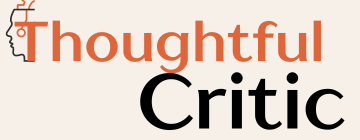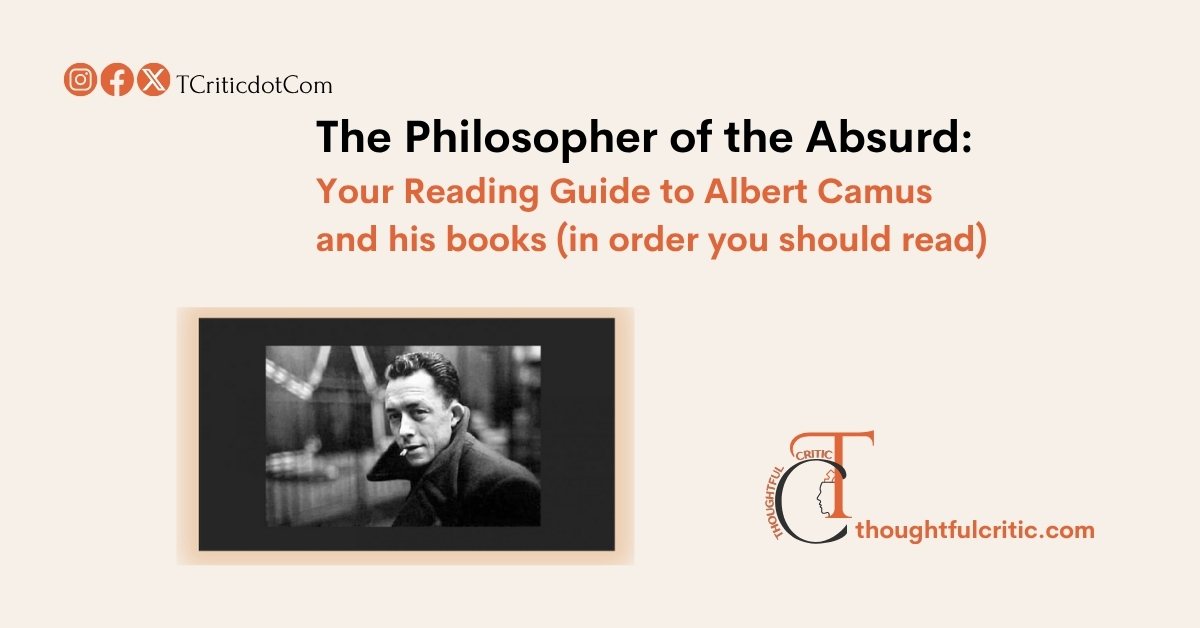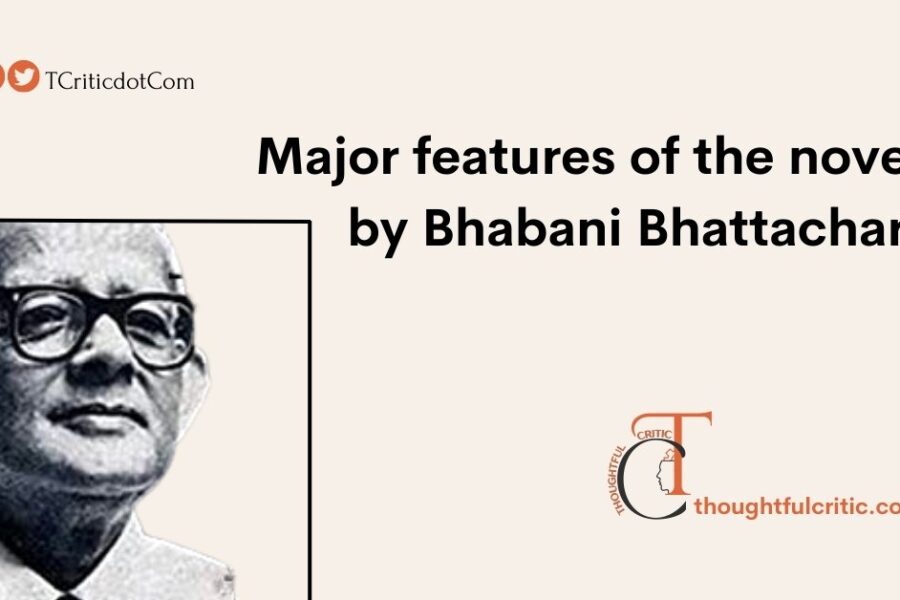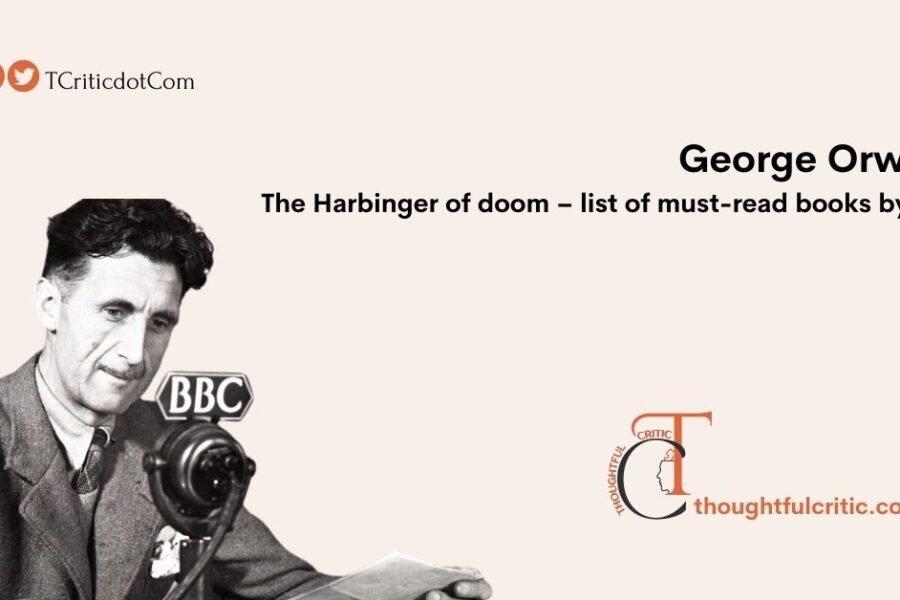How to Read Albert Camus: A Beginner’s Guide to His Books, Philosophy, and Impact
Albert Camus, one of the towering figures of 20th-century literature and philosophy, remains both accessible and enigmatic. To some, he is the philosopher of the absurd, a mind grappling with the harshness of existence without slipping into despair. To others, he is the conscience of post-war Europe, a literary figure who dared to question, to feel, and to resist. For first-time readers, diving into Camus can be deeply rewarding, especially when approached with context, patience, and curiosity. This beginner’s reading guide offers a structured entry point into Camus’s thought and fiction, laying out not only the best reading order but also the thematic essence of his significant works.
Why Read Albert Camus?
Camus is not just a philosopher for the bookshelf. He is a thinker who belongs to the streets, the cafés, the mountains, and the newspapers. His writing blends simplicity with profundity. His questions are those we ask in the stillness of midnight or the face of suffering: What is the point of life? Is it possible to be moral in an immoral world? Can one be happy in a universe that appears indifferent?
Camus never called himself an existentialist, though many critics lump him with Sartre and Simone de Beauvoir. Instead, Camus described his work as a response to the absurd, the conflict between our human longing for meaning and the universe’s stubborn silence. Yet unlike others who turn to nihilism or radical revolt, Camus chose rebellion with dignity, compassion, and beauty. He sought to find value in life itself, even without metaphysical guarantees.
His writing offers more than philosophical exercises. It delivers gripping stories, unforgettable characters, and a moral sensibility that never becomes didactic. Whether you are reading him for his clarity of style, his poetic metaphors, or his political courage, Camus remains one of the most humane and accessible minds in world literature.
Where to Start: A Recommended Reading Order for Albert Camus
For beginners, a logical and enriching route is to alternate between his novels, essays, and plays. This helps balance the philosophical themes with narrative immersion. Below is a suggested order, each title followed by a brief introduction.
1. The Stranger (L’Étranger, 1942)
This is Camus’s most famous novel and the best starting point. The Stranger introduces us to Meursault, an emotionally detached French-Algerian man who commits a murder and faces trial. What sets the novel apart is not the crime but Meursault’s passive indifference to the world around him. He does not cry at his mother’s funeral. He does not pretend to feel love when he does not. And he refuses to fake faith when facing death. This resistance to perform life’s rituals in the name of comfort unsettles society and ultimately seals his fate.
The novel is a perfect introduction to Camus’s idea of the absurd. The world does not conform to our moral expectations. It is indifferent, and in that indifference, we are left to live honestly or dishonestly. Meursault chooses honesty, and that makes him a stranger to society. Camus’s prose in this novel is strikingly clear and sparse, almost journalistic. It is a book that raises more questions than it answers, and that is precisely why it has endured.
2. The Myth of Sisyphus (Le Mythe de Sisyphe, 1942)
Once you have read The Stranger, this philosophical essay will help you understand the conceptual foundation behind Meursault’s world. The Myth of Sisyphus examines whether life is worth living. Camus opens with the bold claim: “There is only one really serious philosophical question, and that is suicide.” From there, he builds a case for why the absurd does not lead to despair, but to revolt.
Sisyphus, condemned by the gods to roll a boulder up a hill for eternity, becomes for Camus a symbol of the human condition. His greatness lies in his scorn, the fact that he knows the absurdity of his task and yet persists. Camus argues that we must imagine Sisyphus happy, because true meaning lies in the struggle itself, not in the illusion of success or transcendence. This essay is crucial for grasping the philosophical backbone of Camus’s literary work.
3. Caligula (Play, 1944)
Camus’s dramatic work is often overlooked, but it offers a visceral look at his evolving thoughts. Caligula is a tragic play about the Roman Emperor who, upon realising that life is meaningless, chooses to exploit that knowledge in the cruellest ways possible. He uses the absurd to justify tyranny, revels in power, and wreaks havoc on reason and decency.
This play is not a historical costume drama but a meditation on the abuse of absurdity. Camus uses Caligula to show what happens when the absurd is twisted into a license for destruction. By juxtaposing Caligula with later characters like Dr. Rieux in The Plague, we see Camus’s moral philosophy maturing; the absurd may be real, but rebellion must be ethical.
4. The Plague (La Peste, 1947)
Written after the horrors of World War II, The Plague is an allegorical novel about a fictional outbreak of disease in the Algerian town of Oran. At first, the town’s citizens refuse to take the epidemic seriously. But as death encroaches, a quiet form of heroism emerges. Doctors, journalists, and ordinary citizens rise to the challenge not by finding a miracle cure but by doing their duty, simply because they must.
The protagonist, Dr. Rieux, becomes one of Camus’s most admirable creations. He does not believe in God, but he believes in humanity. He does not preach, but he persists. The novel is often interpreted as a metaphor for resisting fascism, yet its relevance extends beyond politics. It is about solidarity, suffering, and how we choose to respond to senseless tragedy. In the age of pandemics and social upheaval, The Plague has become more relevant than ever.
5. The Fall (La Chute, 1956)
The Fall is perhaps Camus’s most complex and unsettling novel. It takes the form of a monologue delivered by Jean-Baptiste Clamence, a former Parisian lawyer who now resides in a seedy Amsterdam bar. Over several nights, he confesses his moral unravelling to a silent listener, gradually revealing his descent into guilt, self-loathing, and false virtue.
Unlike Meursault or Rieux, Clamence is a man who cannot live with his hypocrisy. He claims to have been a paragon of justice, yet he once failed to save a drowning woman. That moment haunts him. He begins to doubt the moral foundations of all human action and ends up adopting the role of a “judge-penitent.” The Fall marks a darker turn in Camus’s vision, where even honesty may hide deeper delusions. It is a searing work of introspection, and while not as immediately accessible as The Stranger, it rewards careful reading.
Other Works Worth Exploring
After reading the major works above, readers may explore Camus’s essays such as Resistance, Rebellion and Death, his travel writings like American Journals, and unfinished works like The First Man. Each offers further insight into Camus’s evolving humanism, his relationship with Algeria, and his rejection of both religious dogma and Marxist orthodoxy.
Tips for First-Time Readers
- Read Slowly: Camus’s prose may be clear, but his meaning is layered. A sentence may sound simple, but it hides centuries of philosophical reflection.
- Context Matters: Understanding the historical backdrop — World War II, the Nazi occupation, the Algerian War — enriches his narratives significantly.
- Absurd ≠ Hopeless: Many mistake Camus’s idea of the ridiculous for nihilism. He argued for a life of defiant joy in the face of absurdity.
- Read Both Fiction and Nonfiction: Camus’s novels and essays complement one another. The fiction illustrates the philosophy; the essays explain the fiction.
Final Thoughts
Albert Camus remains a rare figure in world literature — a writer whose moral clarity did not cloud his aesthetic sensitivity, and whose humanism never descended into sentimentality. He wrote in a time of ruins and confusion, yet insisted on dignity without illusions. For readers today, his work offers not easy answers but sharper questions, not comfort but clarity. He challenges us to live with integrity in a world without guarantees.
In his own words: “In the depth of winter, I finally learned that within me there lay an invincible summer.”
If you are ready to explore the questions that matter — life, death, love, exile, rebellion — there is no better place to start than Camus.
Amit Mishra for Thoughtful Critic
..




